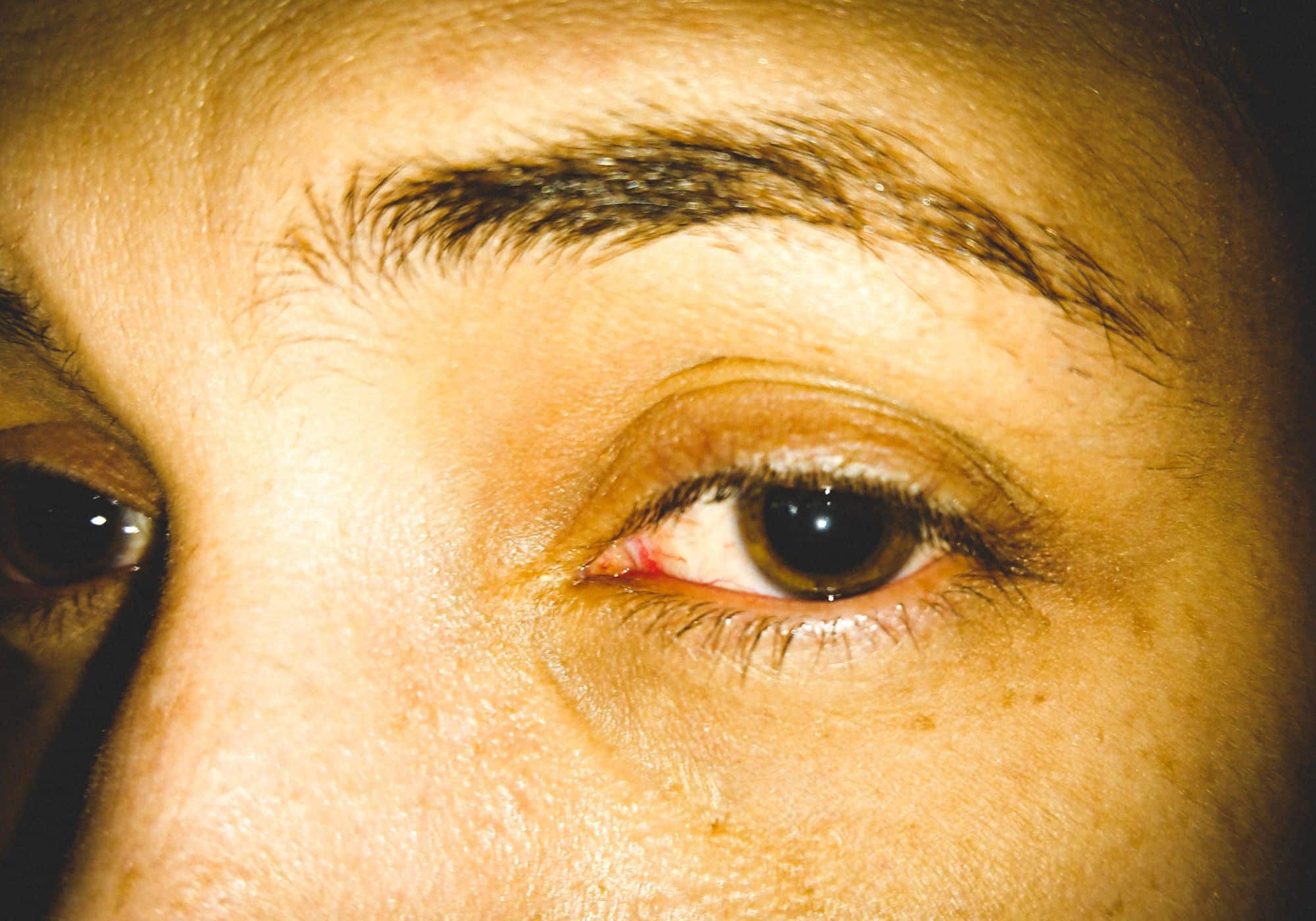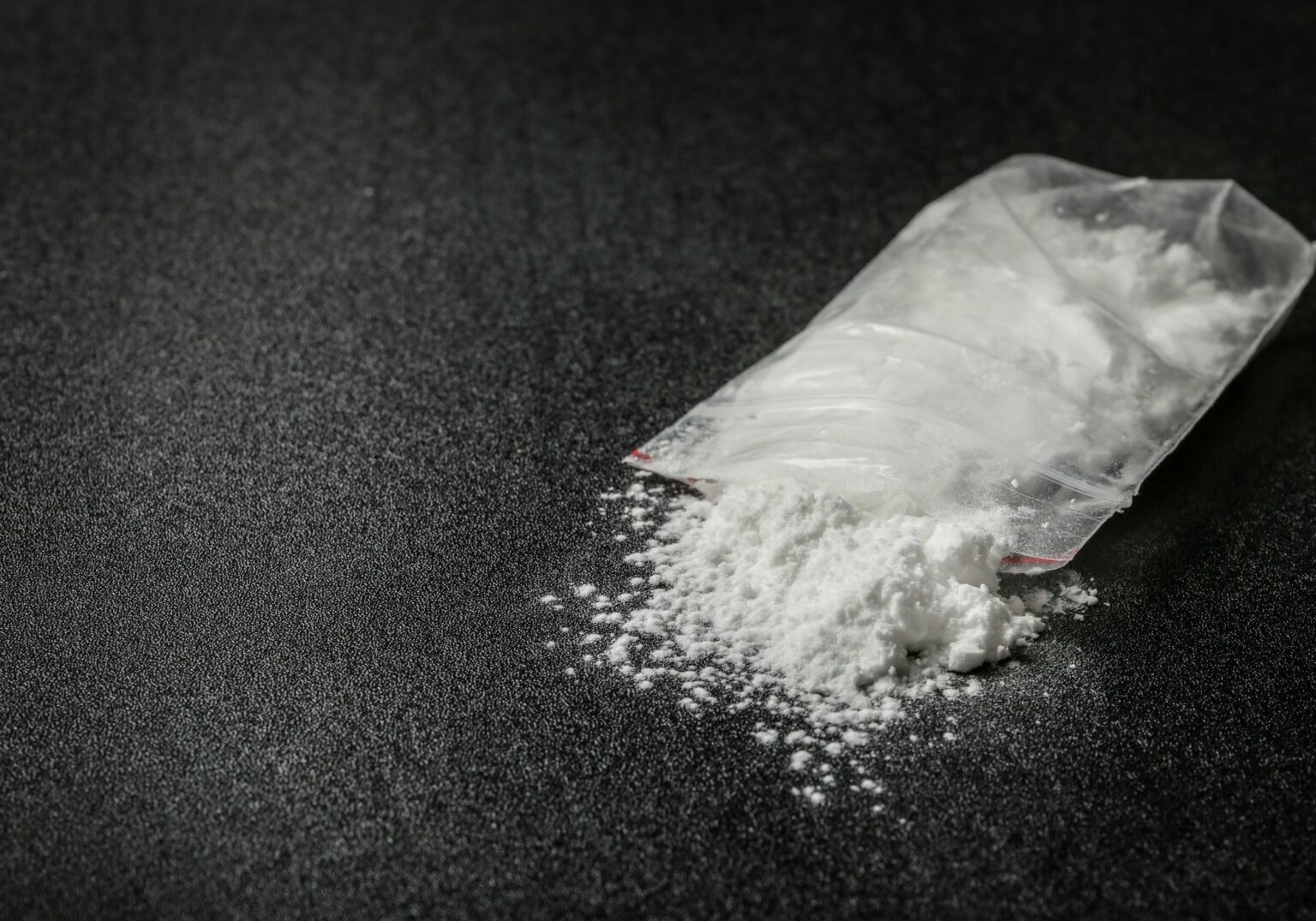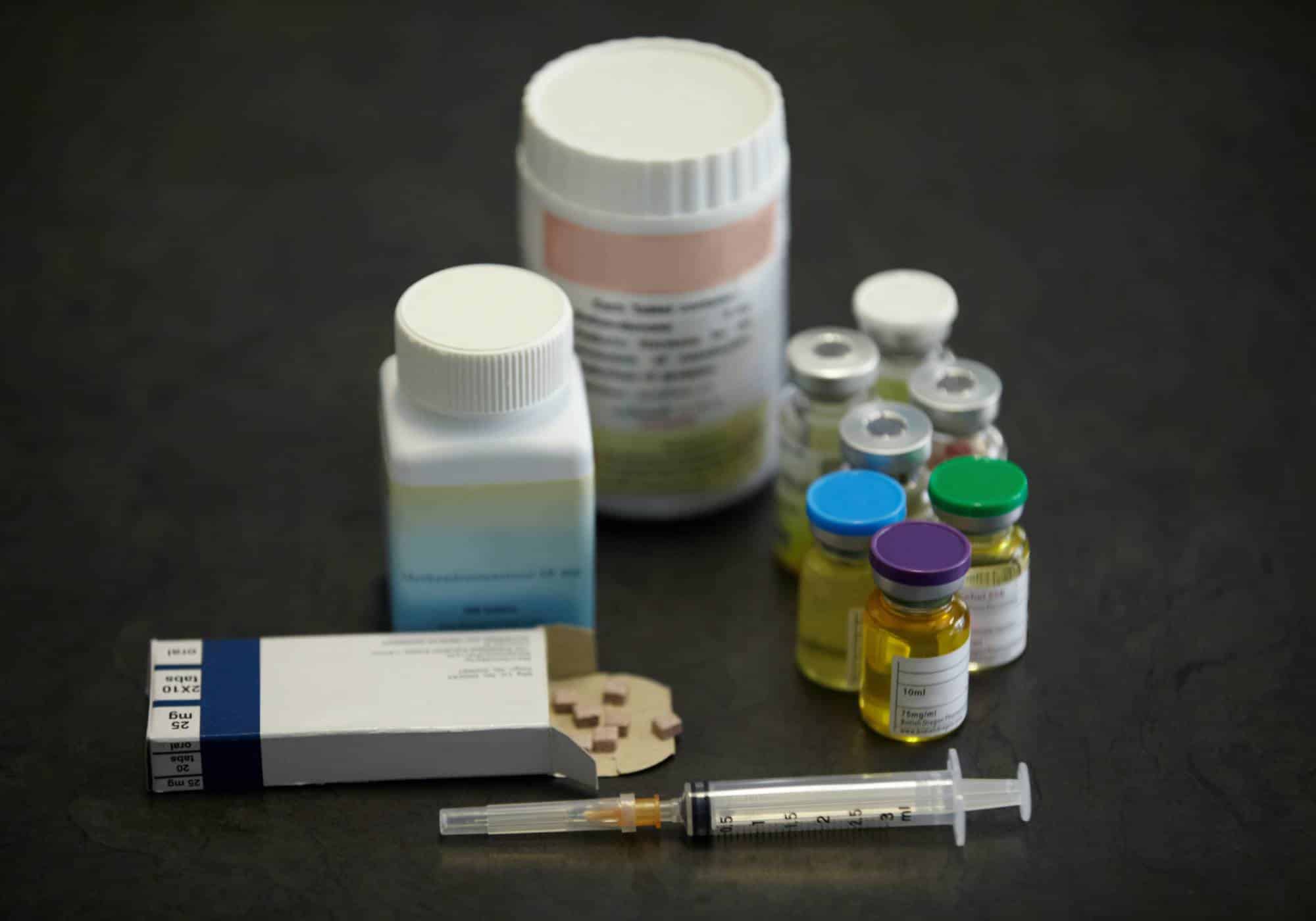Cocaine, a stimulant derived from the South American coca plant, has limited medical applications, such as a local anesthetic for surgeries. However, its recreational use is mostly illegal.
Illicit cocaine is typically found as a white powder, often diluted by dealers with substances like baby powder to increase profits. Alarmingly, it’s increasingly mixed with fentanyl, a potent synthetic opioid, heightening the risk of cocaine overdose.
Commonly, cocaine is snorted, with users sometimes rubbing residue on their gums. Others dissolve and inject it, which, along with smoking crack cocaine, represents the most hazardous forms of abuse. Regardless of the method, cocaine use can quickly lead to addiction.
Can you Overdose on Cocaine?
Yes, overdosing on cocaine is not only possible but also a serious risk. An overdose occurs when the amount of cocaine consumed is too much for the body to handle, overwhelming its natural functions. This can put extreme pressure on the cardiovascular system and may lead to fatal consequences.
The danger of an overdose increases when cocaine is combined with other substances or consumed in its more potent variant, crack cocaine.
What Happens During a Cocaine Overdose?
When cocaine, commonly known as coke, is consumed, it acts as a stimulant, speeding up various body functions. It affects the central nervous system (CNS), leading to increased heart rate, elevated core body temperature, and higher blood pressure. Cocaine also influences cognitive functions, mood, and the digestive system.
In the event of a cocaine overdose, these effects can escalate to dangerously high levels, causing both immediate and long-term harm. An overdose can severely strain the cardiovascular system, potentially leading to organ failure, internal bleeding, or a heart attack.
Neurological damage is also a serious risk during a cocaine overdose, which can result from seizures or ruptured blood vessels in the brain.
If you suspect an overdose, either in yourself or someone else, it’s crucial to treat it as a medical emergency. Immediate assistance is vital, so call 911 to get help from emergency medical services.
But how can you identify the signs of a cocaine overdose?

Signs of a Cocaine Overdose
Being able to recognize the early warning signs of a cocaine overdose is critical for timely intervention and potentially saving lives. As the body reacts more intensely to cocaine, certain symptoms become evident.
Key early indicators of a cocaine overdose include:
- Rapid heart rate, potentially with palpitations or irregular rhythm
- Anxiety
- Restlessness
- Agitation
- Elevated blood pressure
- Dilated pupils
- Excessive sweating
- Intense headaches
- Chest pain
- Breathing difficulties
Quick action is essential if you observe any of these signs in someone who has used cocaine. Prompt response can be crucial in preventing a potentially fatal overdose.
Symptoms of Cocaine Overdose
Cocaine, a notorious and potent stimulant derived from the South American coca plant, is known for its addictive properties and widespread use. It induces short-term effects like euphoria, heightened alertness, and increased sensitivity to stimuli. However, alongside its psychological and physical impacts, the most immediate and severe risk is overdose.
Cocaine accelerates the heart rate, which can lead to cardiac issues, and often causes elevated blood pressure, another contributor to serious health problems. Key symptoms of a cocaine overdose include:
- Rapid heart rate
- Increased body temperature
- Nausea and vomiting
- Chest pain
- Tremors
- Panic
- Anxiety
- Delirium
- Paranoia
Prompt recognition of these signs is vital, as timely intervention is critical in overdose situations. Cocaine’s status as a dangerous stimulant primarily stems from its overdose risk, which can lead to fatal outcomes like heart attacks, seizures, and strokes.

How Much Cocaine Does it Take to Overdose?
According to the National Institute on Drug Abuse (NIDA), a cocaine overdose happens when the drug is consumed in quantities large enough to reach toxic levels in the bloodstream. This results in a severe physical reaction, essentially poisoning the body with cocaine.
Determining the specific amount of cocaine that can cause an overdose is challenging due to various influencing factors:
- Individual Tolerance Levels: People with higher tolerance may require more cocaine to reach the point of overdose. However, tolerance can fluctuate over time, so this isn’t a reliable indicator.
- Cocaine Strength and Purity: Pure cocaine is more potent and concentrated, thus increasing the risk of overdose. Its stronger effects on the body make it particularly dangerous.
- Method of Cocaine Use: Injecting or smoking cocaine poses a higher overdose risk as it delivers the drug directly into the bloodstream, causing immediate and intense effects. Snorting cocaine has a slower effect, potentially allowing more time to recognize overdose signs. Regardless of the method, any cocaine use is risky.
- Overall Health: Individuals with compromised cardiovascular, kidney, or liver health are at greater risk due to cocaine’s impact on these systems. Mental health issues, like depression, can also heighten the risk as they may lead to riskier behaviors and higher drug consumption for self-medication.
- Polysubstance Use: Combining cocaine with other drugs amplifies the risk of overdose due to drug interactions. Unknown additives in cocaine can also pose additional dangers.
While these factors influence the risk, it’s crucial to remember that cocaine’s effects are unpredictable. The most effective way to prevent an overdose is to abstain from using cocaine altogether.
What to do if Someone is Overdosing on Cocaine?
In the event of a cocaine overdose, prompt action is crucial. The person needs urgent medical attention.
Firstly, call emergency services immediately by dialing 911. Clearly state that you suspect a cocaine overdose and provide as much detail as possible about the situation.
If you’re at a public event like a festival or concert, quickly find the nearest medical tent or alert event staff, as they are trained to handle such emergencies.
While waiting for medical help, there are several things you can do:
- Carefully position the person on their side to keep their airway clear and prevent choking on vomit.
- Stay with them, offering reassurance, and try to maintain a calm and comfortable environment.
- Do not give them any other substances or attempt to induce vomiting.

Treatment for Cocaine Overdose
If you’re faced with a cocaine (or coke) overdose situation, while waiting for medical help, these actions can be crucial:
- Provide the emergency team with key information: the amount of cocaine used, any other substances involved, the person’s age, drug use history, and any existing health conditions.
- Position the person on their side to reduce choking risks and facilitate easier breathing.
- Use cold compresses if the person seems overheated.
- Remove any sharp objects nearby to prevent injury in case of a seizure.
- Stay with the person until emergency responders arrive.
Unfortunately, there’s no specific antidote for a cocaine overdose. Treatment primarily focuses on managing the primary symptoms of the overdose.
In a medical setting, treatment often starts with administering a sedative, such as benzodiazepines, to help lower heart rate and blood pressure.
Given the severe impact of a cocaine overdose on vital organs, avoiding another overdose is crucial. This can be challenging due to cocaine’s addictive nature, but comprehensive support is available to tackle both the physical and psychological aspects of cocaine addiction.
Cocaine Overdose Treatment at Hope Harbor Wellness
Hope Harbor Wellness offers expert and compassionate cocaine addiction treatment in Atlanta. Our cocaine drug rehab centers, dedicated to holistic recovery, are ideally situated to offer you the support you need.
Our compassionate cocaine outpatient program collaborates with top-tier medical cocaine detox facilities, ensuring a safe and effective detox process. Once free from addictive substances, you can seamlessly transition into one of our specialized cocaine outpatient treatment programs at Hope Harbor Wellness, designed to address substance use disorders:
- Outpatient Rehab: A flexible program tailored to fit into your daily life.
- PHP (Partial Hospitalization Program): Offers a structured yet non-residential approach to treatment.
- IOP (Intensive Outpatient Program): Provides more intensive care while allowing you to maintain daily responsibilities.
- Dual Diagnosis Treatment Program: Caters to those with co-occurring mental health disorders.
Our cocaine treatment programs incorporate a variety of interventions:
- MAT (Medication-Assisted Treatment): Utilizes medications to ease withdrawal symptoms and cravings.
- Psychotherapy: Addresses underlying psychological aspects of addiction.
- Group Therapy: Offers peer support and shared learning experiences.
- Individual Counseling: Provides personalized guidance and support.
- Family Therapy: Helps heal and strengthen family relationships.
- Holistic Therapies: Focuses on overall well-being, including physical, emotional, and spiritual health.
- Aftercare: Ensures ongoing support post-treatment.
Embark on your journey from cocaine addiction to recovery with Hope Harbor Wellness. Trust in our dedicated team to guide you every step of the way. For more information or to start your journey, call our admissions team at 678-605-9725.












